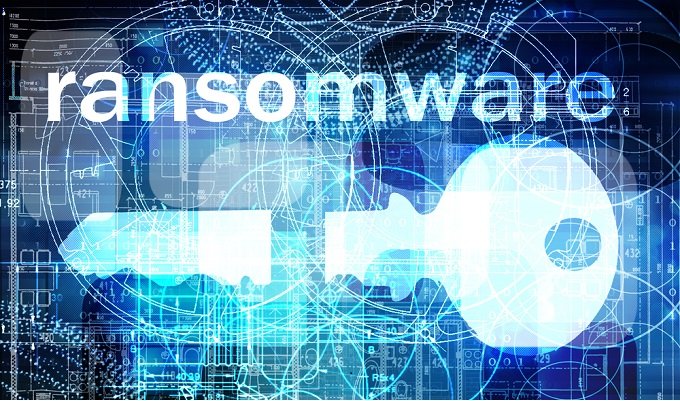A ransomware infection shut down the computer network of the Pennsylvania Senate Democratic Caucus on Friday morning, officials said in a statement issued to the local press.
The infection affected the Caucus’ entire network, including its web server, which went down on Friday and is still down Monday morning, at the time of this article.
Offices remained open on Friday, albeit no official could access the computer network. The Caucus Twitter and Facebook accounts stopped receiving updates following the ransomware attack.
The statement released by Caucus officials, signed by Senator Jay Costa, said the FBI and Microsoft were called in to investigate the incident.
There is no evidence to support that the ransomware attack targeted Pennsylvania Senate Democrats in particular and this could be very well just another of the many random ransomware infections that occur on a daily basis.
As ransomware operations intensified during the past two years, government and public institutions have been hit quite often.
There have been ransomware infections that hit hospitals, schools, transportation authorities, police departments, libraries, courthouses, churches, water utilities, town councils, and many other more.
In some cases, authorities had backups and quickly restored data, but in others, they had to pay the ransom to get back on track.
In one case, a Texas police department lost eight years worth of evidence following the ransomware attack. In many ransomware infections that hit hospitals, doctors had to delay operations because of they couldn’t access crucial patient data.
Source:https://www.bleepingcomputer.com/

Working as a cyber security solutions architect, Alisa focuses on application and network security. Before joining us she held a cyber security researcher positions within a variety of cyber security start-ups. She also experience in different industry domains like finance, healthcare and consumer products.












